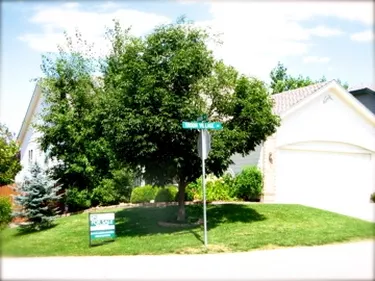
Isn't Real Estate Supposed to Go Up in Value?
Historically, real estate values in the United States have seen a steady record of annual appreciation. Although recent years have shown declines in many markets around the United States and the world, according to the U.S. Census Bureau, U.S. "new" home prices rose by an average of 5.4 percent annually from the period of 1963 to 2008. Data from the National Association of Realtors show that "existing" American home prices also rose an average of 5.4 percent from 1968 to 2009. These averages do not take into consideration a number of contributing factors to this growth, such as the fact that homes have become larger over the years, so the numbers may not be a true indication of actual "apples-to- apples" appreciation.
Future Growth
Video of the Day
Considering historic averages as a means of predicting future appreciation is not a reliable assumption. The past 40 years of data may be a strong indicator for the long-term outlook of real estate appreciation, say over the next 20 years, but there is no way of knowing whether this trend will continue. Strong demand for housing, based on population growth, would seem to indicate that upward appreciation is highly likely.
Video of the Day
Location
Location, location, location is the common answer to the question of what adds value to real estate. When it comes to appreciation, some regions do better than others, certain states do better than other states, some cities do better than other cities, certain neighborhoods do better than other neighborhoods and select lots within those neighborhoods, where the best homes are often built, can have added value that contributes to higher appreciation. Architectural design, quality of construction and additional features also contribute to the appreciation in value of a house.
The Economy
Interest rates, the availability of money to lend, national economies around the world and local economies all contribute to consumers' ability to purchase homes. The more buyers there are in the pool, then the greater the competition for housing and the more home prices go up. In very brisk markets, home values can annually appreciate in the double digits--that is 10 percent or more. If the appreciation is too rapid, however, the market is liable to correct and lead to a period of depreciation.
Looking for the Most Appreciation?
Outside of general market appreciation, an individual home's value can be increased by making improvements to the home. This usually is done by adding on to the home or remodeling the kitchen or baths, which typically add the most value. Increasing the home's curb appeal, meaning to make the home as attractive as possible from the front of the house, or improving the home's energy efficiency with new windows, insulation or furnace or some other means of lowering energy bills can add value. Purchasing a home below market value is said to create "instant equity." That equity can turn to cold hard cash when the home is sold, which brings us back to our initial question of "How Much Can a Home Value Increase Annually?" That may depend upon how good of a bargain hunter you are when you purchase your home.